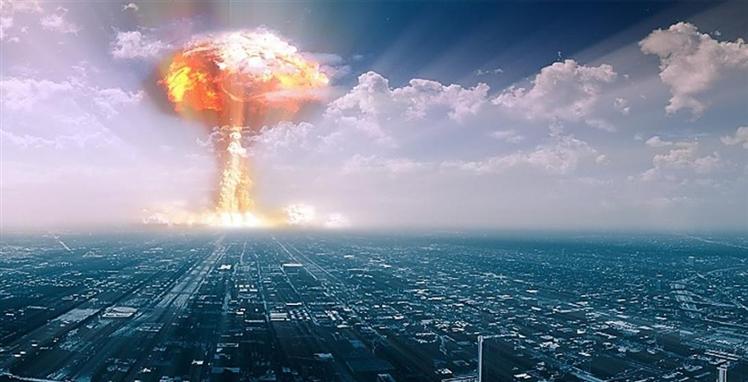Nuclear firestorms would release soot and smoke into the upper atmosphere that would block out the Sun resulting in crop failure around the world.
Considering present nuclear warfare capabilities, specialists said that in the first month following nuclear war, average global temperatures would plunge by about 13 degrees, a larger temperature change than in the last Ice Age.
Once the smoke is released into the upper atmosphere, it spreads globally and affects everyone, said Harrison.
Ocean temperatures would drop quickly and would not return to their pre-war state even after the smoke clears.
As the planet gets colder, sea ice expands blocking major ports in the Northern Hemisphere, including Beijing, Copenhagen and St. Petersburg. The sea ice would spread into normally ice-free coastal regions blocking shipping across the world’s oceans making it difficult to get food and supplies into some areas.
The sudden drop in light and ocean temperatures, especially from the Arctic to the North Atlantic and North Pacific oceans, would kill the marine algae, which is the foundation of the marine food web, essentially creating a famine in the ocean. This would halt most fishing and aquaculture.
Nuclear warfare results in dire consequences for everyone. World leaders have used our studies previously as an impetus to end the nuclear arms race in the 1980s, and five years ago to pass a treaty in the United Nations to ban nuclear weapons.
Pll/jha/znc










